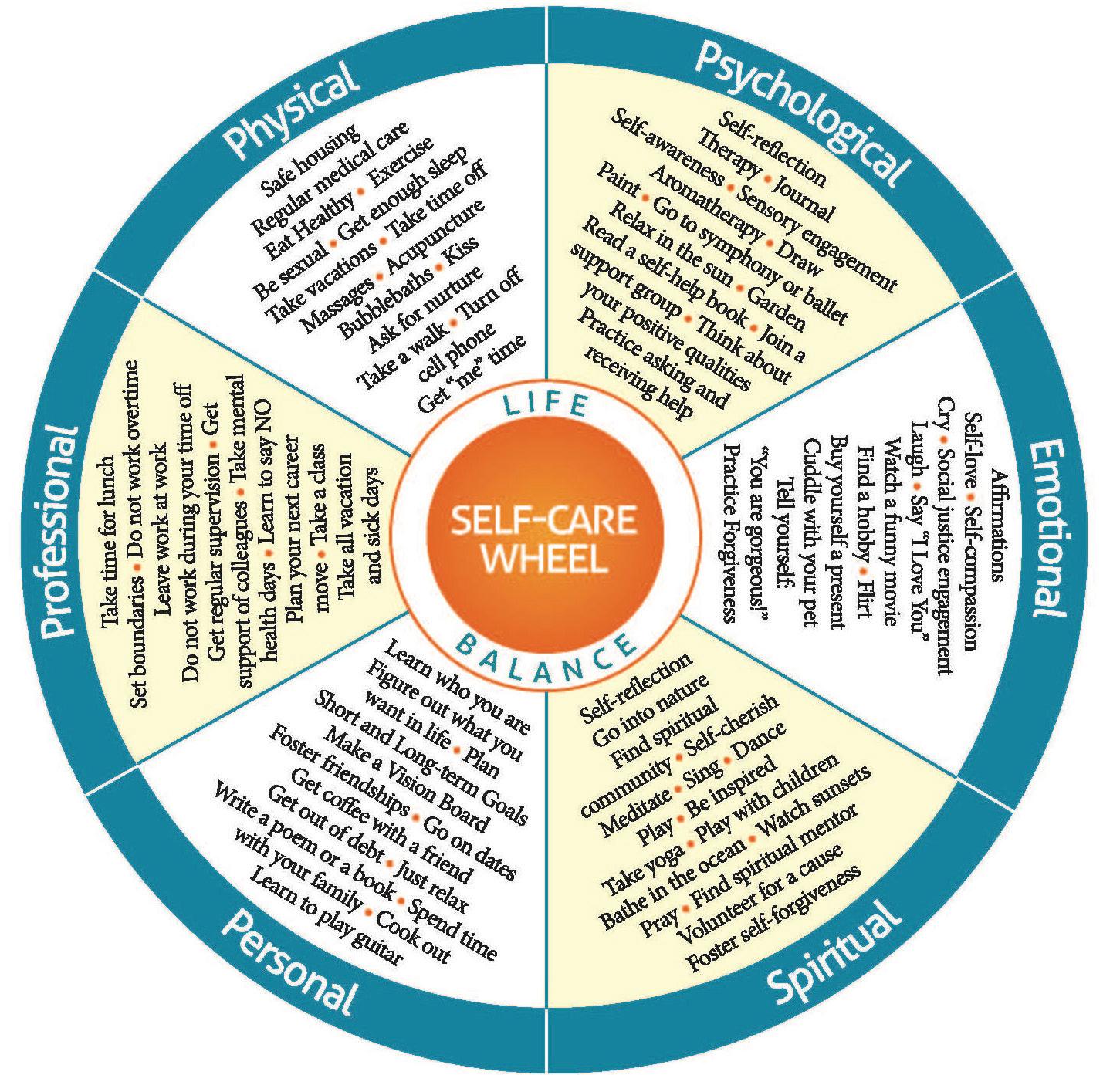
2 minute read
Advice from Educators Who Made the Switch to Virtual
John Rollack Human Resources Manager, Proximity Learning, Texas
Some teachers today are looking for more flexibility in their careers. They are willing to give up careers in traditional brick-and-mortar schools to serve as faculty members in online schools. However, because they love students and teaching and have a passion for building knowledge, they may find it difficult to leave a traditional setting for one solely online. Yet, this is an emerging alternative to consider, especially if you are comfortable with online instruction and seek more job-related flexibility.
Advertisement
Finding A Happy Medium
Those who make this shift may find the best of both worlds in the virtual schools. Teaching from home and creating a schedule that works with their lifestyles provides the flexibility and freedom some crave. Organizations such as Proximity Learning offer teachers careers in this growing field. As virtual instructors, teachers live stream instruction daily while benefiting from interactions with students as they deliver engaging lessons. In fact, online teachers get to know students on a personal level similar to those in traditional classrooms.
Certified virtual teacher Maricarmen Perez Torres describes her new work-life balance as “magical” since she left brick-and-mortar schools for remote teaching. She can spend more time with her own children without giving up her love of helping students learn.
Virtual Math Teacher Diana Brown explains, “It was tearing me apart leaving my passion. I left my job, and I was devastated. Then I found an Proximity Learning [online teaching opportunity]. I could still follow my passion while being home with my kids and not missing that quality time.”
To make the switch from brick-and-mortar, virtual teachers recommend:
Taking Advantage of Professional Development
New teachers should not expect to suddenly be an expert in virtual teaching all on their own. Proper preparation should include enrolling in free professional development courses, listening to webinars, watching tutorials, and becoming certified with online learning software. Teachers that are most effective are those that take the time to learn more about online instruction, which helps by building confidence.
Peer Connections
The best virtual teachers exchange ideas. A brief internet search will easily connect new virtual teachers with other successful online teachers. Facebook and YouTube are two options to explore. Peers can be a fount of knowledge. These connections allow an exchange of general and content-specific best practices among virtual teachers as well as new edtech tools that can be incorporated into instruction.
Support Systems
New virtual teachers should lean on their assigned mentor or manager. Department heads or other administrators can provide advice or assistance. They want to see teachers succeed, so no new teacher should feel shy. More experienced teachers can help virtual teachers through the transition period and understand how to best advise them for success.
Mental Health
It’s important for teachers to take care of their mental health. Build in time for breaks from teaching when needed. Burnout can be avoided by setting boundaries. Also, it is helpful to debrief with someone trusted - a friend, mentor or professional. Time spent on a favorite hobby or quality time spent with loved ones also help to reduce stress. Strategically placed vacation days can be invaluable. Caring for their own mental health will help the new professional be the best teacher they can be.





